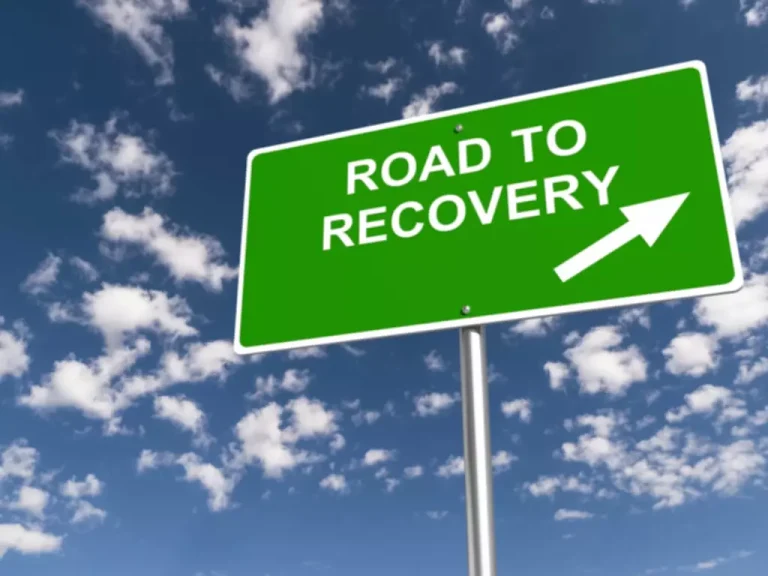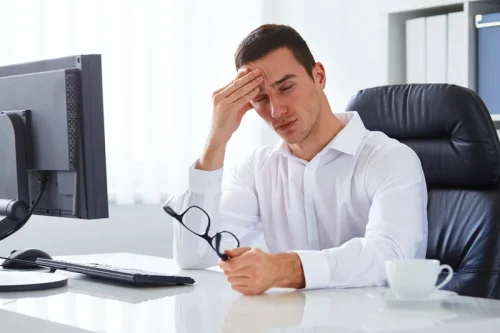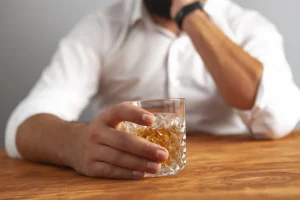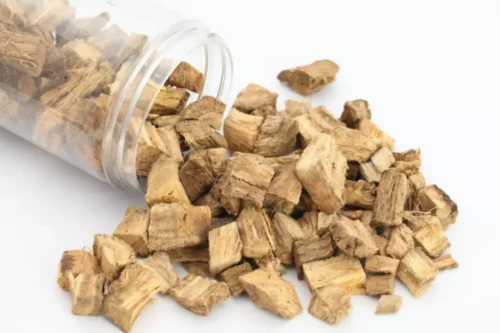5 Science-Backed Strategies to Overcome Alcohol Cravings

One of the main ways a person can help control and prevent alcohol cravings is by understanding what triggers the cravings in the first place. Having a long-term plan for managing alcohol cravings can help prevent and overcome them when they do occur. Distraction can be a useful tool to help a person manage alcohol cravings in the moment. Finding alternative activities to refocus the brain can allow the craving to pass. It also goes over how to manage cravings, both in the short term and the long term.
“Many days I don’t drink at all”
Here are the most common factors which feed into that strong urge to drink. However, the risk of negative side effects is also a factor to consider with these drugs, including for uses beyond weight loss. The study compared 222,942 new users of anti-diabetes medications, including including semaglutide and seven others. Participants had both Type 2 diabetes https://ecosoberhouse.com/ and tobacco use disorder and, according to the findings, mostly showed differences within 30 days of starting the prescription when comparing the groups. Many mental health professionals make sure there’s backup in their absence. Nearly 6000 of them had been prescribed semaglutide, while the rest used one of seven other diabetes medications.
- In addition to reducing daily drinking, naltrexone has been shown to reduce alcohol cravings as a measurable symptom (3).
- “Even if you’re drinking one or two drinks three or four nights a week, it’s still impacting your sleep, your hormones, your anxiety,” she says.
- The challenge is to develop these resources within ourselves over time, fostering an environment where cravings can be acknowledged without acting upon them.
Keto diet helps people maintain weight loss after stopping Ozempic
If you’re having difficulty sticking to your goal or just want some extra guidance, consider reaching out for professional support. Satisfying hobbies can distract you from wanting to drink, but they also help you relax — something everyone needs to do. Instead of aiming for complete abstinence, for instance, aim to drink fewer than seven days a week. “Try sober Mondays or sober Mondays through Wednesdays,” he says.
Get online support.
Please donate today to help us save, support, and change lives. Within just a month of not drinking, your body can begin to reap the benefits. Your liver can start to heal, your risks of heart disease and cancer how to stop alcohol cravings go down, and you may begin to sleep better. Maybe you’ve never been interested in logging your innermost thoughts, but journaling can be a great tool to track your feelings as you work on quitting alcohol.
- Prescription medications can be a useful tool in treating alcohol cravings.
- “All addictive drugs increase dopamine there. That’s a common thing.”
- With time and practice, you would begin to learn that cravings eventually pass, and as a result they would become less powerful.
- Prepare yourself for those times when someone is going to offer you a drink.
Coping Strategies for Alcohol Cravings: Tools for Your Recovery Journey
A recovery coach can give you tools for dealing with strong alcohol cravings, help you set achievable goals, manage shame and stress, and track your progress accurately. Having an experienced person to talk to about your unique challenges can give you the confidence and the skills to keep moving forward when the going gets tough. So far, there has only been only one small randomized controlled study, looking at whether another GLP-1 drug could treat alcohol use disorder in people in general, as compared to cognitive behavioral therapy. This drug, called exenatide, isn’t as potent as semaglutide (Ozempic) at inducing weight-loss or penetrating inside the brain. In the study, the drug reduced drinking in people with obesity, but it actually increased drinking in people who don’t have obesity.

Alcohol recovery is a process—one that often involves setbacks. A drinking relapse doesn’t mean you’re a failure or that you’ll never be able to reach your goal. Each drinking relapse is an opportunity to learn and recommit to sobriety, so you’ll be less likely to relapse in the future. Some people are able to stop drinking on their own or with the help of a 12-step program or other support group (see below for links).

You can also benefit from the shared experiences of the group members and learn what others have done to stay sober. Support can come from family members, friends, counselors, other recovering alcoholics, your healthcare providers, and people from your faith community. Make a note about how you feel physically and mentally on these days—recognizing the benefits may help you to cut down for good.

Having a plan to quit and exploring resources that can help you give up alcohol successfully can improve your chances for success. While getting sober is an important first step, it is only the beginning of your recovery from alcohol addiction or heavy drinking. Rehab or professional treatment can get you started on the road to recovery, but to stay alcohol-free for the long term, you’ll need to build a new, meaningful life where drinking no longer has a place. Acamprosate is prescribed to people after they’ve quit drinking alcohol to help them maintain abstinence.
New research published Monday has found evidence that semaglutide can prevent or treat people’s nicotine dependence. More study will be needed to confirm this potential benefit, however. With money you’re not co-paying your mental health provider, consider a swim club membership, yoga or meditation classes, or weekly manicure, pedicure and massage. If not, at least you’ll have something new to talk about in September. Another study adds credence to the idea that semaglutide – the drug in medications such as Ozempic and Wegovy – could help treat addiction.

Commenti recenti